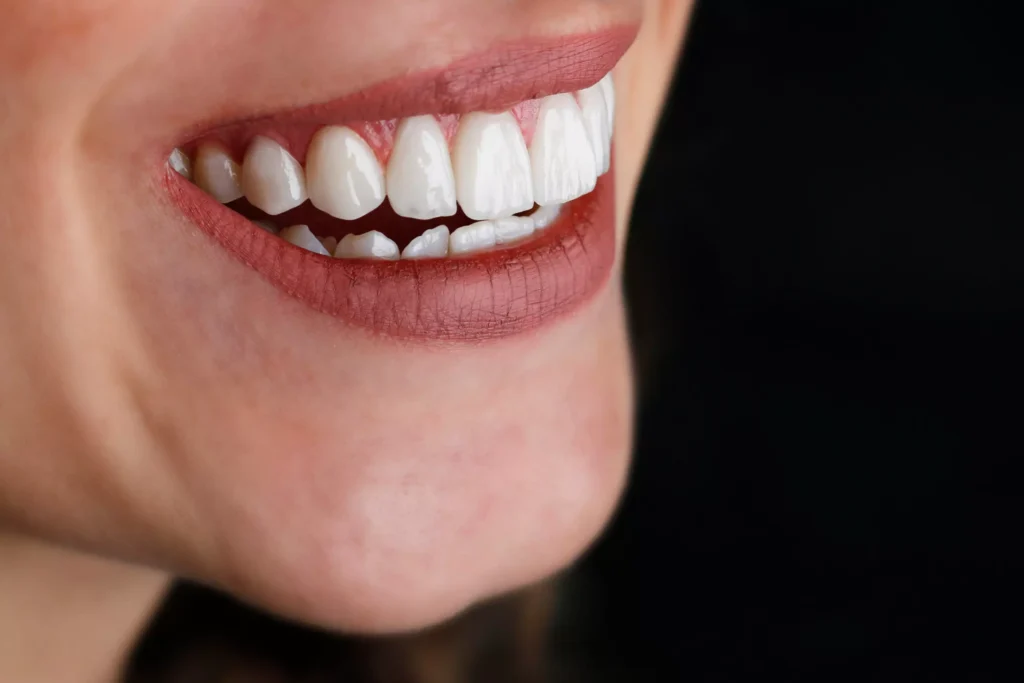Dental implant tourism has become an increasingly popular option for individuals seeking high-quality care at more affordable prices. Countries like Mexico, Turkey, Thailand, and Hungary offer world-class dental implant services at a fraction of the cost found in places like the United States or the UK. However, one of the most common challenges faced by dental tourists is language barriers.
Miscommunication can lead to confusion about procedures, risks, post-operative care, and even payment details. To help ensure a smooth and successful experience, it’s crucial to understand the potential language issues and how to overcome them.
Why Language Barriers Matter in Dental Implant Tourism
- Medical Miscommunication
- Misunderstanding your diagnosis, treatment plan, or aftercare instructions can lead to complications or unsatisfactory results.
- You may not be able to ask detailed questions about anesthesia options, implant types, or surgical techniques.
- Informed Consent Challenges
- Signing consent forms in a foreign language without proper translation increases the risk of agreeing to something you don’t fully understand.
- Emergency Situations
- If complications arise during or after your procedure, the inability to explain your symptoms clearly or understand your dentist’s advice can be dangerous.
- Billing and Insurance Issues
- Language gaps can lead to confusion regarding the total cost, hidden fees, or what’s included in the treatment package.
How to Overcome Language Barriers in Dental Implant Tourism
1. Choose a Clinic with English-Speaking Staff
- Look for clinics that highlight their multilingual capabilities on their website.
- Many top dental tourism destinations cater specifically to international patients and employ fluent English-speaking staff or translators.
2. Request a Translator or Interpreter
- Some clinics offer in-house interpreters or can help arrange for one during your visit.
- You can also hire a certified medical interpreter independently to accompany you.
3. Use Translation Apps with Caution
- Apps like Google Translate or iTranslate can be useful for basic communication, but they often lack medical accuracy.
- For important information such as post-op care or medication instructions, always ask for written materials in English.
4. Get Everything in Writing
- Ask for your treatment plan, costs, and aftercare instructions in your native language.
- Having a written record ensures clarity and can be helpful if you need to consult your dentist at home later.
5. Do a Virtual Consultation Before You Travel
- Many dental clinics offer online consultations. Use this opportunity to assess their communication skills and determine how well you understand each other.
- Prepare a list of questions in advance to cover all your concerns.
6. Bring a Bilingual Companion
- If possible, travel with someone who speaks the local language and can help facilitate communication with your dental team.
7. Check Online Reviews and Forums
- Other patients often share their experiences with language barriers at specific clinics.
- Look for testimonials that mention ease of communication or specific staff members who are fluent in your language.
Final Thoughts
While language barriers are a legitimate concern in dental implant tourism, they shouldn’t be a deal-breaker. With proactive planning and the right resources, you can bridge the communication gap and ensure a safe, informed, and successful dental experience abroad. Prioritize clinics that are experienced in serving international patients and don’t hesitate to ask questions until you’re confident and comfortable.
Remember: Clear communication is just as important as surgical skill when it comes to your dental health.




